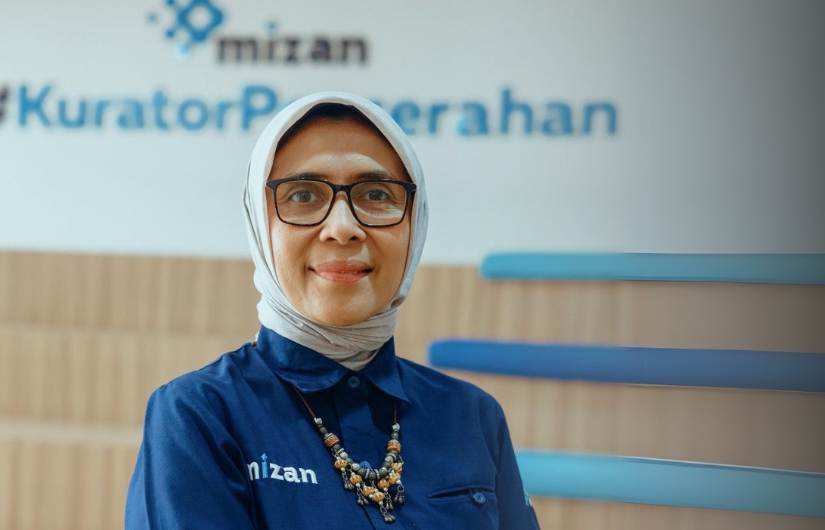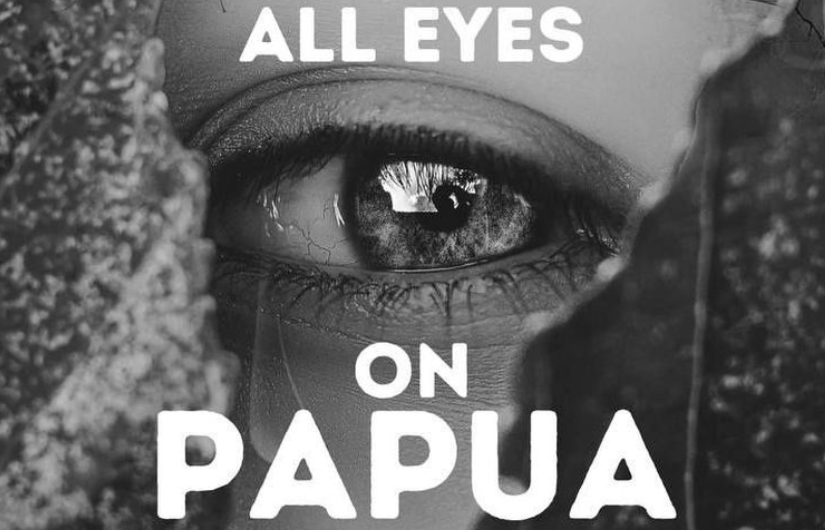Last Sunday’s Pride Parade in Bangkok, 30 June 2024, wasn’t just a fabulous fiesta—it was a jaw-dropping reminder of the LGBTQIA+ community’s mighty economic muscle. Picture it: a sea of rainbows parading through the streets, flexing the power of “pink money” and giving Thailand’s economy a glittery boost. The whole nation couldn't help but take notice, as this high-spending, fun-loving crowd showed everyone just how influential they really are. Pink money is not just a market segment—it’s a movement.
The LGBTQIA+ community wields nearly USD 4 trillion in purchasing power globally. This immense economic strength, often referred to as “pink money”, is reshaping industries and sparking significant social and economic transformations. Pink money, or queer money, encapsulates the financial influence of LGBTQIA+ individuals, driving progressive changes across marketing, advertising and business strategies.
While companies eagerly embrace Pride Month with tailored campaigns, like Lego’s exclusive sets and Walmart’s Pride Always initiative, financial planning remains a neglected frontier. Traditionally serving the white, affluent, straight male demographic, the wealth management sector has largely overlooked the unique financial needs of the LGBTQIA+ community. This oversight underscores a pressing need for inclusive financial strategies. Ignoring this segment is not just a missed opportunity, it’s a systemic oversight.
The LGBTQIA+ community often has distinct life paths and financial goals compared to their straight counterparts. Many LGBTQIA+ individuals might not prioritize saving for a suburban family lifestyle; instead, they might be DINKs (Double Income, No Kids), a common lifestyle choice within the community. Additionally, some face financial instability due to workplace discrimination. Given these unique circumstances, tailored financial planning is not just beneficial—it’s essential. Inclusion in financial planning is not optional—it’s imperative.
Tailored financial strategies are not just helpful—they’re lifesaving.
LGBTQIA+ individuals encounter unique challenges, including exclusion from family inheritances and the need to swiftly relocate due to hostile state policies. These situations often demand immediate financial flexibility, emphasizing the necessity for bespoke financial solutions. Financial resilience isn’t a luxury for the LGBTQIA+ community; it’s a lifeline.
Recognizing a gap in the wealth management industry, innovative approaches are being developed to democratize access to wealth-building opportunities for women and LGBTQIA+ individuals. By targeting sectors like energy, manufacturing, infrastructure and real estate, there is a concerted effort to empower underrepresented groups and drive transformative change. True change comes from breaking barriers, not just crossing thresholds.
Strategic investments in diverse sectors reflect a commitment to fostering diversity and inclusion. Companies like woman-owned industrial energy storage firms, ammunition component manufacturers and gender-and-body-inclusive clothing brands exemplify this approach.
Businesses that connect with the LGBTQIA+ community understand the value of inclusivity. These companies are often led by individuals who resonate with their brand's mission, creating a strong and loyal customer base. Investing in diversity isn’t just smart—it’s transformative.
Initiatives aimed at inclusive investment are delivering impressive outcomes. Funds that attract a diverse group of investors, including women of different ethnicities, are breaking new ground in traditionally male-dominated asset classes. High returns on these investments highlight the profitability of embracing diversity. So, success isn’t just measured in returns—it’s reflected in inclusion.
The importance of trusted financial advice tailored to women and LGBTQIA+ individuals cannot be overstated. Many in these communities lack access to advisors who understand their unique needs and aspirations. Building trust is the foundation for building wealth. Trust is the currency of inclusive wealth-building.
Embracing the Pink Dollar Market in Asia
The Pride Parade in Bangkok also shone a spotlight on the growing economic potential of the LGBTQIA+ market in Asia. The region is home to an estimated 200 million LGBTQIA+ individuals, whose combined purchasing power is approximately USD 800 billion. This market size rivals that of the United States, emphasizing the importance of catering to this demographic.
The landscape for same-sex marriage in Bangkok is evolving significantly, marking a historic shift towards equality. On June 29, 2024, Thailand’s Senate passed a ground-breaking bill that paves the way for same-sex marriage. This legislative milestone aligns with the vibrant spirit of the Pride Parade, symbolizing both celebration and progress for the LGBTQIA+ community. The new law not only grants
legal recognition to same-sex couples but also extends rights previously exclusive to heterosexual marriages, such as inheritance and property ownership. This development is a proof to the enduring efforts of LGBTQIA+ advocates in Thailand and underscores the nation’s commitment to embracing diversity and inclusion.
Businesses across Asia are increasingly tapping into the economic potential of LGBTQIA+ consumers. From art galleries offering discounts on gay community websites to fitness centres and mainstream gay resorts, the market is diverse and expanding. High-end condominiums in cities like Bangkok are also catering to this trend-setting market, although not always advertised openly. Visibility and inclusion are key to tapping into the full potential of the pink dollar.
The Role of Media and Technology
Technology is playing a crucial role in supporting LGBTQIA+ spending. The Pink Dollar app, launched last year, allows consumers to find gay-friendly retailers, restaurants and other venues, facilitating targeted spending. This is just one example of how businesses are adapting to serve this high-spending community more effectively.
Media outlets targeting LGBTQIA+ audiences are also expanding, providing lifestyle and community content while attracting advertising revenue. Brands that openly support LGBTQIA+ rights tend to see positive impacts on their bottom lines, highlighting the economic benefits of inclusivity.
Innovation and visibility drive the future of LGBTQIA+ economic power
The Pride Parade in Bangkok was more than a celebration; it was a testament to the economic power of the LGBTQIA+ community. As businesses and financial planners increasingly recognize the unique needs and significant spending power of this demographic, the potential for new generational wealth opportunities is immense. Embracing the pink dollar market is not just a trend, it's a transformative force for economic and social change. The future of finance is inclusive. Are you ready?





















































































































































































































































































































































































































































































































































































































































































































































































































